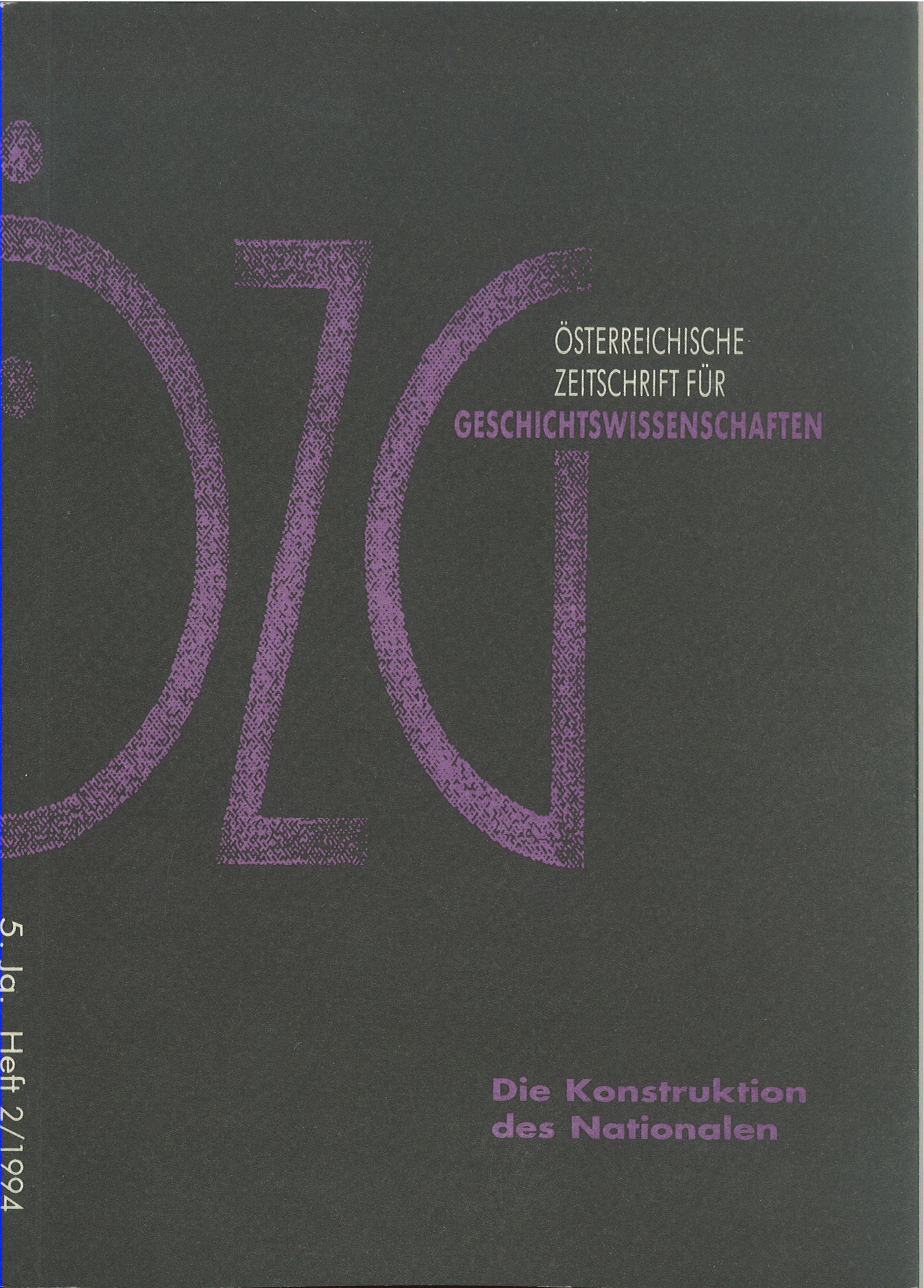‚Ethnizität‘ und Entnationalisierung
Umsiedlung und Vertreibung in Dalmatien, lstrien und Julisch-Venetien (1927–1954)
DOI:
https://doi.org/10.25365/oezg-1994-5-2-4Abstract
Since the late nineteenth century the regions along the northern Adriatic Sea, characterized by a complex pattern of Italian, Slovene, Croatian and several other ethnic groups, have been a major battleground of opposing national movements which resulted in massacres, mass-emigration, resettlement and socalled assimilation or denationalisation programs. By reconstructing the different concepts of nationality and ethnicity of the major political powers in this region - from the late Habsburg Empire to the post-World War II period - the author draws a vivid picture of the changing constellations of the nationality question in this region and of its disastrous consequences for various population groups. Special attention is given to diverse socialist conceptions of nationality and ethnicity and to their Titoist variants, so far mostly neglected in historical research. The author argues that at a closer look, the supposedly national character of the diverse cultural and lingual minorities might well prove to be a simple construct of nationalist ideologies and that it is only through the process of nationalisation/denationalisation, that such a kind of identity develops. The majority of the population is not forced out of a national identity, but rather forced into one. By doing so, national movements actually create the very kind of identity, which has served them as their ideological starting point.


